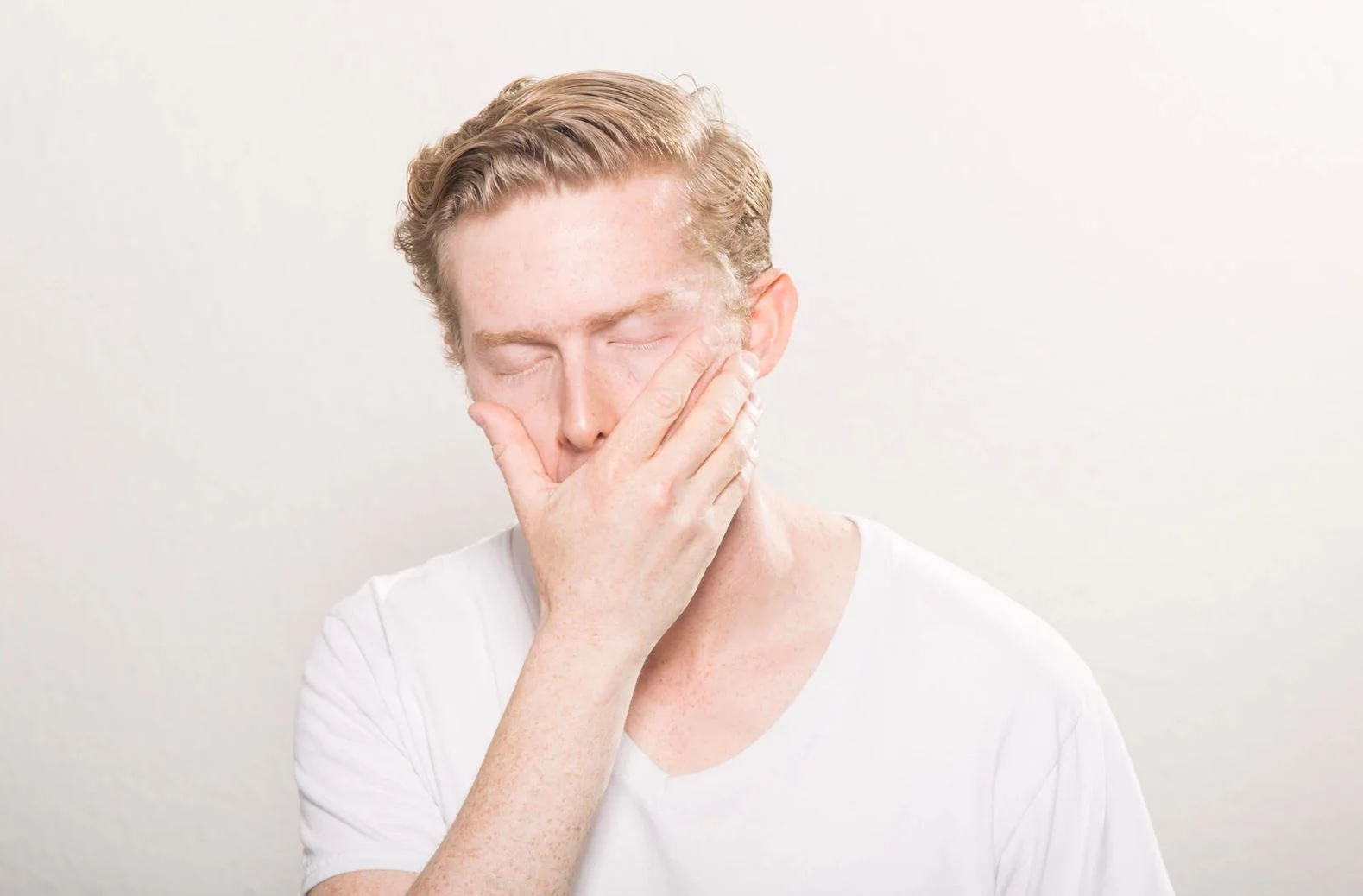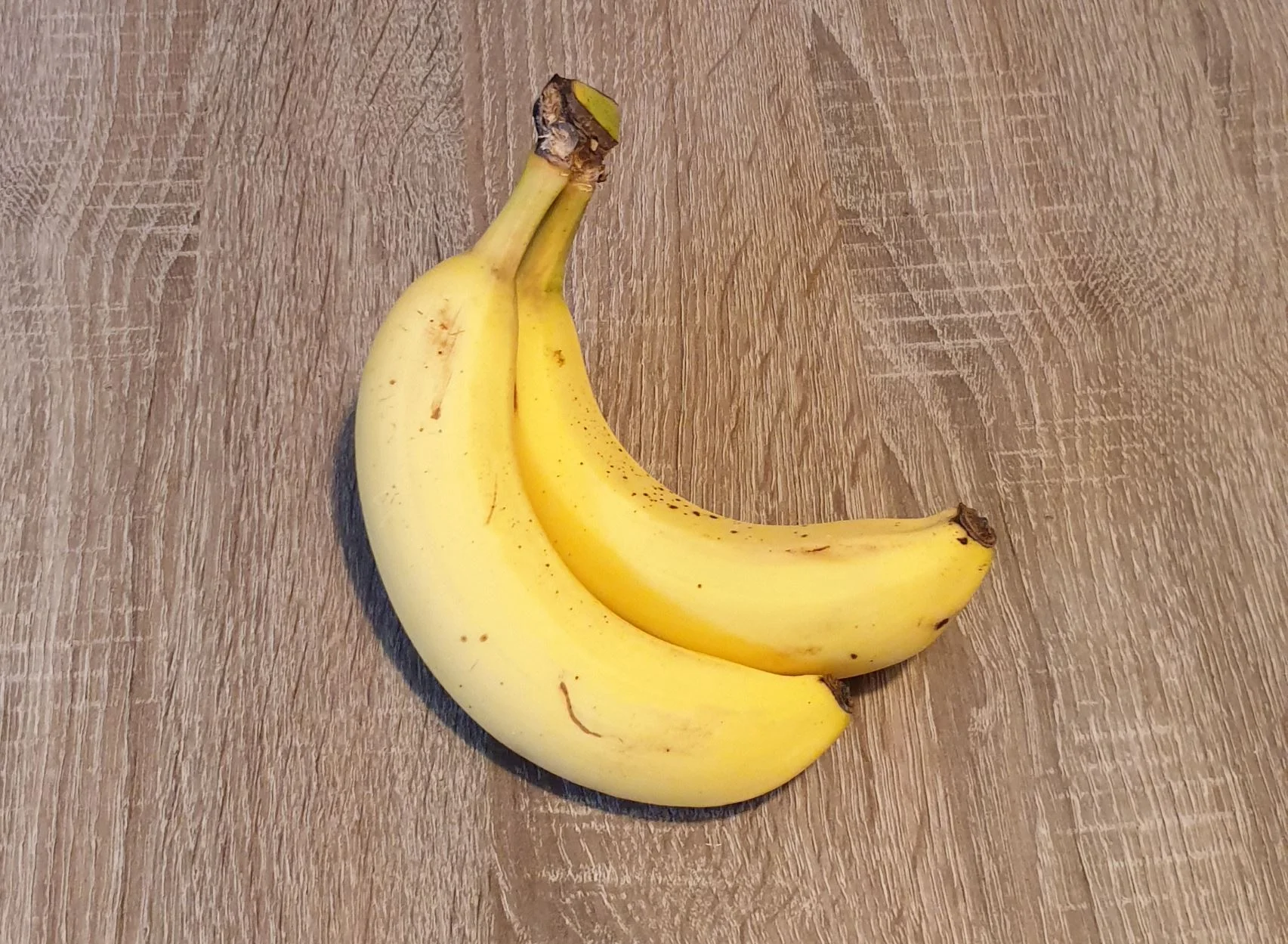You vacuum it, sweep it and wipe it off your furniture. But do you know what it actually is – and how it may affect your health?
Machine learning says 'sound words' predict psychosis
Who’s your daddy? Don’t ask a DNA test
Does hitting the snooze button really help you feel better?
Health Check: why do women live longer than men?
From Paris to Shanghai, citizens are largely unaware of indoor air pollution risks
Outdoor air pollution has been widely studied and regulated for decades, but the quality of indoor air and its potential risks were little unrecognized until the early 2000s. Yet in temperate climates we can spend up to 90% of our time in closed environments (houses, schools, offices, transportation, etc.), where we may be exposed to numerous pollutants. The question of indoor air quality has therefore become a major public health concern across the globe.
Ultra-processed food causes weight gain – firm evidence at last
We know we should eat less junk food, such as crisps, industrially made pizzas and sugar-sweetened drinks, because of their high calorie content. These “ultra-processed” foods, as they are now called by nutritionists, are high in sugar and fat, but is that the only reason they cause weight gain? An important new trial from the US National Institute of Health (NIH) shows there’s a lot more at work here than calories alone.
Years of taking vitamin D appears to cut cancer death risk
Health Check: what’s the best way to sit?
Health Check: sitting versus standing
How do blind people learn what animals look like?
How long can humans live?
Curious Kids: Are humans going to evolve again?
Why cheese may help control your blood sugar
On the one hand, cheese is an excellent source of minerals like calcium and magnesium, vitamins A, B2 and B12, not to mention being a complete protein. On the other hand, cheese is also a significant source of saturated fat and sodium in our diets. To lower saturated fat intake, consuming reduced-fat cheese is sometimes recommended to lower cardiovascular disease risk.
Why hasn’t evolution dealt with the inefficiency of ageing?
Life pits the order and intricacy of biology against the ceaseless chaos of physics. The second law of thermodynamics, or the thermodynamic arrow of time, states that any natural system will always tend towards increasing disorder. Biological ageing is no different, making death inevitable. However, one of the least-addressed questions of ageing is the apparent paradox between the optimizing drive of evolution, and the inevitable deterioration of the body.
Health check: why do we get motion sickness and what’s the best way to treat it?
Just 16 minutes of sleep loss can harm work concentration the next day
Why some doctors are prescribing a day in the park or a walk on the beach for good health
Non-thermal plasma: new technology could kill 99.9% of the deadly germs in the air
You can live without food for three weeks and without water for up to three days. But you can’t live without air for more than three short minutes. It’s not just the abundance of air that matters – the quality is essential, too. Unfortunately, air can be contaminated with dangerous germs known as airborne pathogens, such as bacteria and viruses.
















